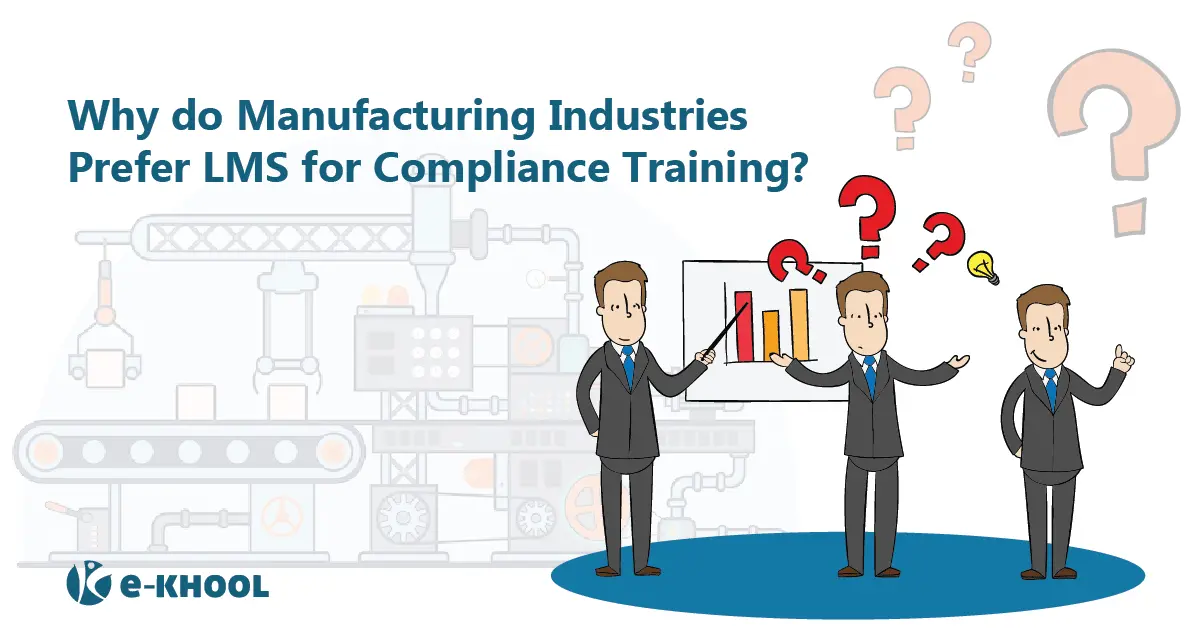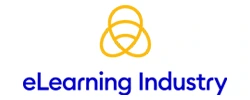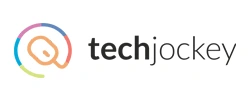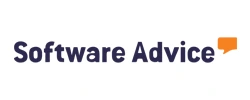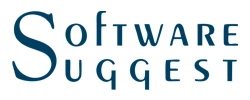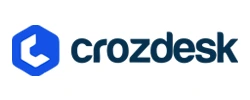In the evolving technological world, compliance training are more important for employees to ensures that they are aware and comply to the industry-specific regulations and safety protocols. A Learning Management System (LMS) is preferred more in the manufacturing sector for delivering compliance training, where LMS offers a scalable, consistent, more interactive and efficient way to train employees on the necessary regulations and procedures. Through the LMS platform, manufacturing companies can streamline training processes, track compliance risk in manufacturing industry, and reduce the risk of non-compliance or violations.
Here in this blog we can see the reasons why Manufacturing industries prefer LMS for compliance training and how LMS can be helpful to attain compliance through training.
Lets see a quick overview of this blog,
LMS for the Manufacturing Industry
In the manufacturing industry, it has become efficient to use LMS for effective compliance training. The point is, manufacturing involves complex processes, and any deviation from established standards can lead to non-compliance risks. To standardize employee training across all levels of the workforce, LMS comes into picture, ensuring that every employees from all levels understand their responsibilities, thus maintaining compliance.
By using an LMS in an industry, instructor can easily update training materials, deliver them to employees and monitor their performance, analysing their completion rates, and ensuring that the training is up-to-date with the latest industry compliance regulations.
Risk Management in Manufacturing
Risk management is an essential management feature in every industry as manufacturers face various risks, like safety hazards, regulatory non-compliance and also even operational inefficiencies. An LMS helps in managing these risks effectively by providing a well organized platform solution for training programs to employees thus tracking compliance knowledge of them.
Through regular training delivered to employees through LMS, employees stays updated to the compliance regulations and the latest safety, regulatory requirements. This proactive approach helps in minimizing the non-compliance risks and avoid incidences that could cause possible financial loss, penalties.
Manufacturing Mistakes Result in Real-World Consequences
In the manufacturing industry, a small mistake can lead to severe real-world consequences. There are few cases like improper handling of machinery, failure to follow safety protocols, etc. These consequences affect the industries reputation and employee morale.
By implementing an LMS in the industry for compliance risk in manufacturing industry training will significantly reduce the likelihood of such mistakes. Main reason for this is, through LMS, an industry can ensure that their employees are staying updated with the industries rules and regulations and are aware of the potential consequences of non-compliance.
Training Management Systems and Learning Management Systems (TMS vs LMS)
Training Management Systems (TMS) and Learning Management Systems (LMS) serve distinct functions in the realm of online education and training. While both systems are crucial for comprehensive training programs, understanding their differences is key to selecting the right system for an organization's specific needs. The below table gives us a clear difference between both Training Management Systems (TMS) and Learning Management Systems (LMS).
| Feature | Training Management System (TMS) | Learning Management System (LMS) |
| Purpose | Manages training logistics and administration. | Facilitates online learning and training content delivery. |
| Focus | Scheduling, tracking, and reporting of training events. | Course creation, content delivery, and learner engagement. |
| Content Delivery | Focuses on offline, in-person training sessions. | Supports both online and offline learning modules. |
| User Interaction | Primarily used by administrators to organize training. | Used by both learners and instructors for interactive learning. |
| Tracking and Reporting | Tracks attendance, certifications, and compliance. | Tracks learner progress, assessments, and course completion. |
| Customization | Limited customization for training needs. | Highly customizable for various learning experiences. |
| Integration | Often integrated with HR and scheduling systems. | Can integrate with content creation tools, analytics, and more. |
| Use cases | Best for companies with frequent in-person training. | Suitable for online courses, eLearning, and blended learning. |
| Scalability | Scales well for managing large training events. | Scales well for offering courses to large groups of learners. |
| Technology | May rely on manual processes and basic tech tools. | Utilizes modern technology for a seamless learning experience. |
Importance of a Compliance LMS in Manufacturing Quality
Maintaining quality in a manufacturing environment requires strict compliance to standards and procedures that should be up-to-date to the employees. This can be achieved through compliance with LMS in manufacturing quality which plays a major role in ensuring that all employees are trained in the necessary quality regulations and understand the importance of maintaining them.
This can be achieved through LMS, where the instructors or the trainers can create a culture of continuous improvement, where employees are trained on compliance regulations. This keeps the employees engaged with the platform through interactive training materials, helping the organization to maintain high-quality standards by meeting regulatory expectations through employees.
How LMS Helps to Ensure Production Consistency?
One of the success key to manufacturing industries is ensuring production consistency. This success key can be managed and maintained through e-khool LMS, one of the best compliance LMS in manufacturing quality platforms in the market. e-khool LMS helps in ensuring this consistency by standardizing the training process across the entire organization.
When all the employees are trained on the same platform, there are lesser chances for variations in how tasks are performed. e-khool LMS offers a reliable way to ensure that all employees are conveyed with the rules and regulations, understands the procedures, follows them correctly, replicating the desired outcomes. Advanced report and analytics offered by e-khool LMS helps the trainers to monitor the employee performance, analyzing the skill gaps, helping the trainers to define the pattern accordingly. This leads to consistent production results, thus improving overall efficiency.
Also read: LMS for Compliance Training Programs
Benefits of Using an LMS in Manufacturing Compliance Programs
Using e-khool LMS in manufacturing compliance programs offers several benefits:
- Efficiency: Training can be delivered to a large number of employees simultaneously, saving time and resources.
- Consistency: All employees receive the same training, ensuring uniform understanding and adherence to manufacturing compliance programs standards.
- Tracking and Reporting: An LMS allows for easy tracking of who has completed training and who needs follow-up, helping to ensure that no one falls through the cracks.
- Flexibility: Training can be updated and distributed quickly, ensuring that employees are always working with the most current information.
- Scalability: Whether a company has 100 or 10,000 employees, an LMS can scale to meet the training needs of the entire workforce.
Frequently Asked Questions
1. What is the primary advantage of using an LMS for compliance training in manufacturing?
The primary advantage is the ability to standardize and track training across a large workforce, ensuring that all employees are consistently trained and compliant with industry regulations.
2. How does an LMS contribute to risk management in manufacturing?
An LMS provides a structured platform for ongoing compliance training, helping to reduce the risks associated with regulatory non-compliance and safety violations.
3. Can an LMS be customized for different manufacturing sectors?
Yes, an LMS can be customized to meet the specific compliance needs of different manufacturing sectors, including automotive, pharmaceuticals, and food production.
4. How does an LMS help in maintaining production consistency?
By delivering uniform training across the organization, an LMS ensures that all employees follow the same procedures, leading to more consistent production outcomes.
5. Is an LMS cost-effective for small manufacturing companies?
Yes, an LMS can be cost-effective for small manufacturing companies as it reduces the need for in-person training sessions and allows for scalable training solutions.
Conclusion
In conclusion, manufacturing industries prefer LMS for compliance training due to its ability to streamline and standardize the training process across the workforce. Considering this fact, e-khool LMS not only helps in managing compliance risks but also plays a crucial role in maintaining quality and production consistency. By leveraging e-khool LMS in the manufacturing industry, they can ensure that their employees are well-trained, compliant, and capable of minimizing errors that could lead to costly consequences. The adoption of e-khool LMS in compliance programs is a forward-thinking approach that aligns with the evolving needs of the manufacturing sector.

